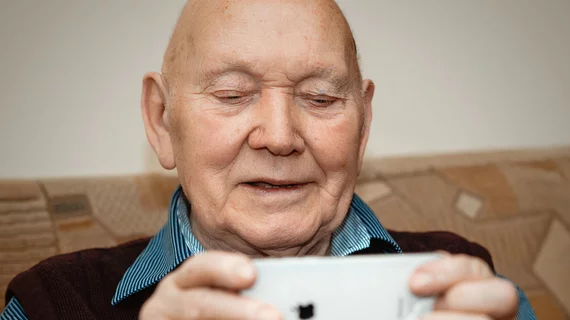Researchers have used deep learning software to accurately detect age-related cognitive impairment using only photos of patients’ faces.
The work was conducted at the University of Tokyo and is described in a paper published Jan. 25 by Aging (Albany, NY).
Testing five deep learning models pre-trained on existing image sets, the team found the best-performing model achieved 93% accuracy at separating 121 impaired patients from 117 healthy volunteers.
Further, the researchers found “close and significant” correlations between face AI scores and those from a standardized assessment questionnaire, the Mini-Mental State Examination (aka Folstein test).
Interestingly, they also found close correlation between face AI scores and chronological age—and stronger correlation between the AI and the questionnaire than between the questionnaire and chronological age.
From these results the authors conclude that deep learning software “has the ability to differentiate facial images of people with mild dementia from those of people without dementia. This may pave the way for the clinical use of facial images as a biomarker of dementia.”
The study is available in full for free.

